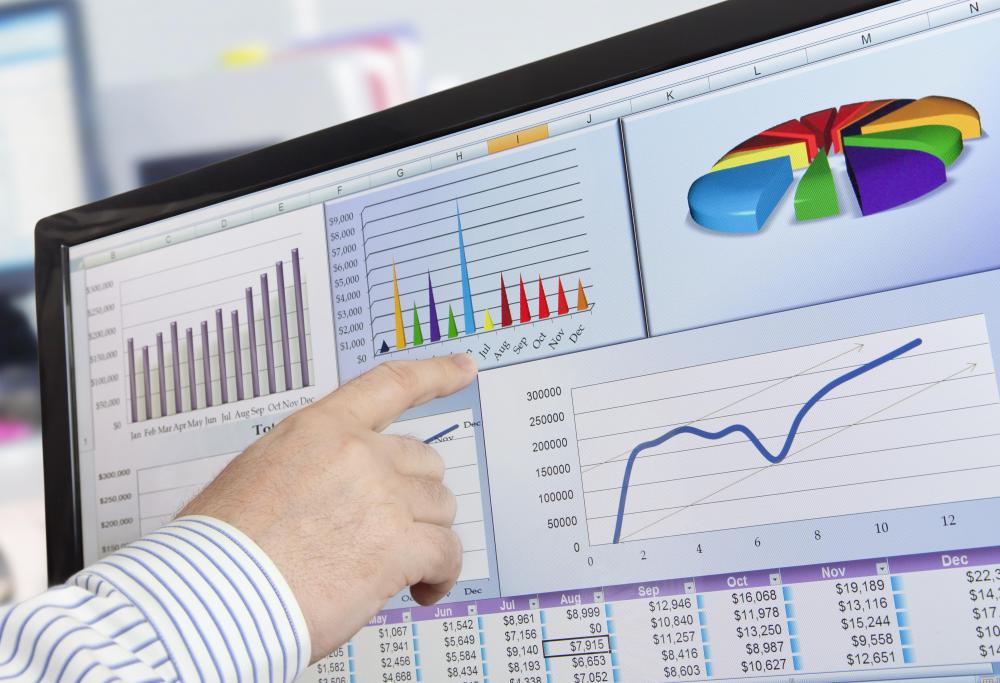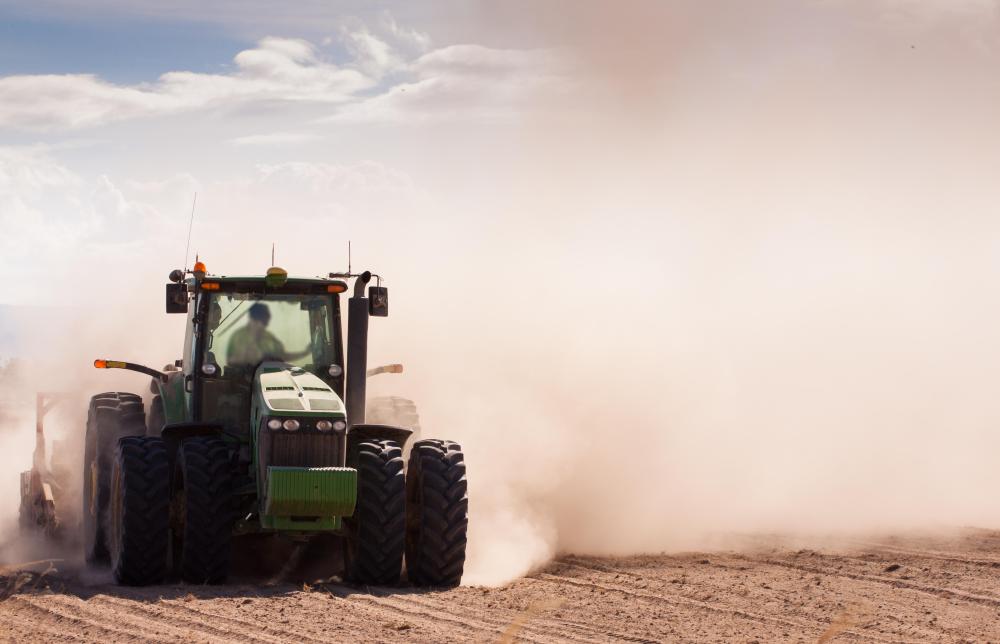At SmartCapitalMind, we're committed to delivering accurate, trustworthy information. Our expert-authored content is rigorously fact-checked and sourced from credible authorities. Discover how we uphold the highest standards in providing you with reliable knowledge.
What is a Futures Contract?
A futures contract is an agreement between a buyer and a seller for a commodity, including agricultural products and energy resources, or a financial instrument to be traded at a future date. The underlying commodity determines the value of the contract, which is sold at a market-determined price on a futures exchange. Sometimes the commodity product is delivered at the end of a contract's term, but most of the time deals are settled for cash prior to the expiration date.
Traders facilitate orders for a futures contract on a futures exchange. Financial instruments are the most widely traded futures contracts, although futures trading began as an agricultural market. Agricultural and energy commodities continue to trade on the futures exchange, including contracts for grains, metals, and fossil fuel products, such as oil and gas.

While individual components to a particular commodity vary, all are traded as a standardized contract. Each contains details such as the value of a contract and the anticipated delivery date. Once it's signed, a futures contract is a binding obligation that must either be delivered upon or settled after a period of time. These trades are often compared with options contracts, but the primary difference is traders in an options agreement are under no obligation to fulfill the deal and may let a contract expire.

The futures markets are designed for hedging and risk management. A seller of a futures contract could be a farmer attempting to lock-in prices for an agricultural crop. Since this farmer does not know whether or not a harvest will be a bumper crop, or what the price for the commodity will be at the time of harvest, he may opt to hedge his position. He does this by agreeing now to sell the crop later at a market-determined price to a buyer.

A buyer might be willing to purchase a commodity for a premium value at a future date since prices in the futures market tend to be volatile. For instance, oil and gas may trade on a futures contract, and price moves can be quite dramatic based on external factors. It would benefit someone who uses transportation fuel in their business, such as an airline, to hedge against volatile energy prices by purchasing a futures contract on crude oil. By locking in a price, there is stability and the buyer and seller can allocate cash flow accordingly.
AS FEATURED ON:
AS FEATURED ON:













Discuss this Article
Post your comments